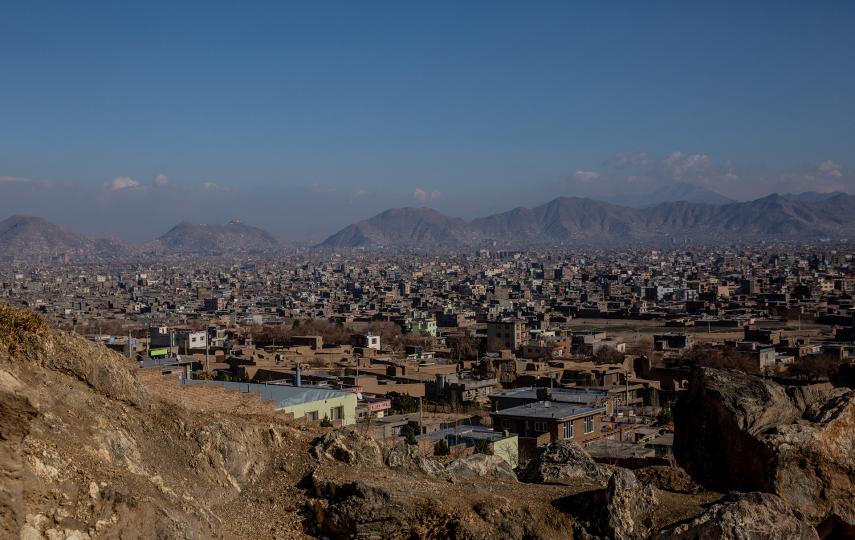Burundi is host to more than 30,000 refugees who have fled violence in the eastern Democratic Republic of Congo. Refugees in the camps have the benefit of shelter, food and medical care from the United Nations refugee agency, UNHCR, and other agencies, while those outside the camps do not.
Sylvain Ndayikengurukiye, in charge of communication at Burundi's National Council for AIDS Control, said there were no specific services for urban refugees but they did have access to the host community's health services, which should be sufficient for their needs.
UNHCR has a mandate to protect and assist all refugees, but according to Dr Marie-Claude Bottineau, senior coordinator for health, nutrition and HIV at UNHCR Burundi, "in agreement with national governments, this protection and assistance is proposed and ensured for refugees in camps."
"They are considered like nationals regarding healthcare but they will pay only 50 percent of the bill at the end; UNHCR, through JRS [Jesuit Refugee Service], is paying the difference," she said. "It is a way to have control of expenditure and to increase responsibility of refugees regarding their health."
But even half-price healthcare is beyond reach of most urban refugees. "Where do they want us to get the money from? By the time you get it, you will be dead," said Mibulano Safari, a Congolese woman in her mid-30s, in the capital, Bujumbura.
Despite these limitations, Bottineau said the agency was working with other organisations to ensure that urban refugees did not miss out on HIV prevention, treatment and care services. Condoms and voluntary counselling and testing were provided at three health centres in Bujumbura, while the international medical charity, Medecins Sans Frontieres, was providing post-exposure prophylaxis for people who had been exposed to the virus.
"Currently, health and HIV assistance to urban refugees is ensured through JRS, UNHCR's implementing partner for urban refugees," said Bottineau. "Urban refugees access these community health centres without control, but they have to be identified upon registration, with regard to their official papers from the immigration services."
UNHCR paid the full cost for cases sent to the referral hospital in Bujumbura from community health centres. The most vulnerable refugees, including those who are disabled, elderly or orphaned also received free medical services.
Violaine Fourile, head of the JRS Burundi office, said her organisation provided some nutritional support to refugees in urban areas who were living with HIV/AIDS, particularly those on antiretroviral therapy, and also raised awareness among refugee children who lived and attended school in Bujumbura.
UNHCR has been urging urban refugees to go to government-designated camps to get better nutritional assistance and healthcare, but several thousand have refused, claiming that their security was not guaranteed, camp conditions were poor and they were unable to earn a living there.
"Despite all our efforts, some urban refugees are still facing difficulties," Bottineau said. "Some might choose to go to camps and we are assisting them to go, some others prefer to stay in town since it is their freedom."
This article was produced by IRIN News while it was part of the United Nations Office for the Coordination of Humanitarian Affairs. Please send queries on copyright or liability to the UN. For more information: https://shop.un.org/rights-permissions




